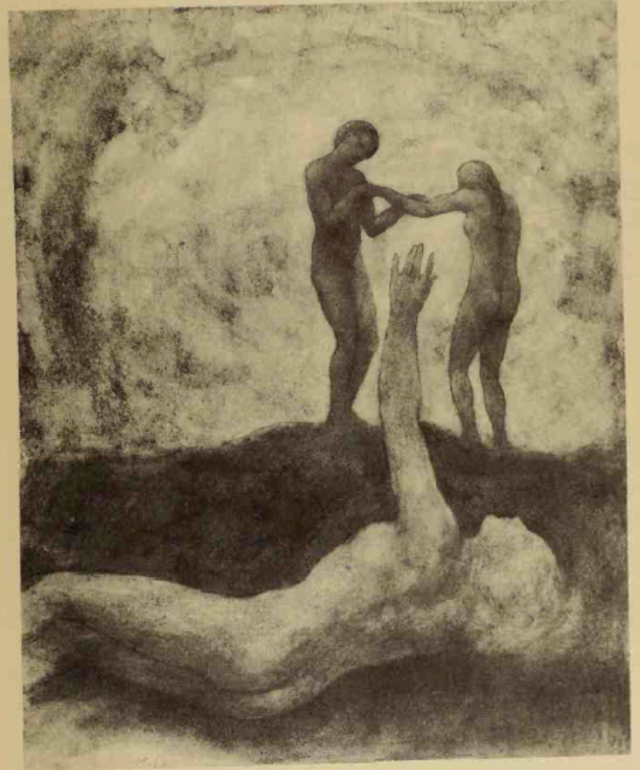It shouldn’t come as a surprise that I’m writing about Lebanon yet again because well…my country constitutes a big part of my identity.
I am not here to say how Gibran’s work inspired and helped me understand the concepts of love, friendship, death, grief, and so on—although, God knows he helped me understand life. Period.
I’m hoping that, by now, the world knows what’s been happening in Lebanon, especially with the people who aren’t earning enough to keep up with the abnormal inflation.
Anyway, I’m not going on a tangent here to talk about national issues and political/economic/social problems; I’m here to talk about the conflict I had been going through for the past year and a half, the conflict that split me in two, tore me apart, and made me feel like a traitor.
I had always been one to defend my country, fight the prejudice against my people, and dream of raising a family while I’m surrounded by my loved ones, here, in my nation, in my Lebanon.
But alas, the Lebanon I have been dreaming of, the Lebanon I have cherished since I was a kid, the Lebanon I learned to love despite its bloody history is not the Lebanon of today.
My Lebanon is not the Lebanon of our immortal and immoral politicians.
My Lebanon is not the Lebanon of arsonists who love to burn its forests to the ground.
My Lebanon is not the Lebanon of screams of pain from parents who have lost their children to an “accidental” bombing.
My Lebanon is not the Lebanon of suffering.
And so, the turmoil of hating my country and wishing I could be living anywhere but in it began. I despised waking up and looking at the same view from my balcony. I hated turning on the TV and listening to the news. I hated listening to people argue and defend the politicians who are killing us slowly. I hated watching my father’s face turn pale every time the prices go up and he tries to figure out ways to support his family. I hated that I couldn’t even go for a drive (which is what usually calms me down when my boyfriend’s not with me) because of the fuel crisis.
I hated everything that had to do with my country.
Then one day, I stumbled upon those words by Gibran. It wasn’t the first time I had read them—my mother helped me read his books in the rawness of my native language since I was a child—but it was the first time I could truly understand them. It was the first time I could truly feel them.
Gibran had published since the beginning of the 20th century. And yet, nothing’s changed.
His words still ring true to this very day:
“You have your Lebanon and I have mine.
You have your Lebanon with her problems, and I have my Lebanon with her beauty.
You have your Lebanon with all her prejudices and struggles, and I have my Lebanon with all her dreams and securities.
Your Lebanon is a political knot, a national dilemma, a place of conflict and deception.
My Lebanon, is a place of beauty and dreams of enchanting valleys and splendid mountains.
Your Lebanon is inhabited by functionaries, officers, politicians, committees, and factions.
My Lebanon is for peasants, shepherds, young boys and girls, parents, and poets.
Your Lebanon is empty and fleeting, whereas my Lebanon will endure forever.”
~ Gibran Khalil Gibran
I don’t truly hate my country. I just hate what’s happening to it.
I hate that it’s become a refuge for those who only mean to hurt it and its children.
I hate the suffering, but I love my country.
My Lebanon is different than your Lebanon.
My Lebanon is my home.











Read 9 comments and reply